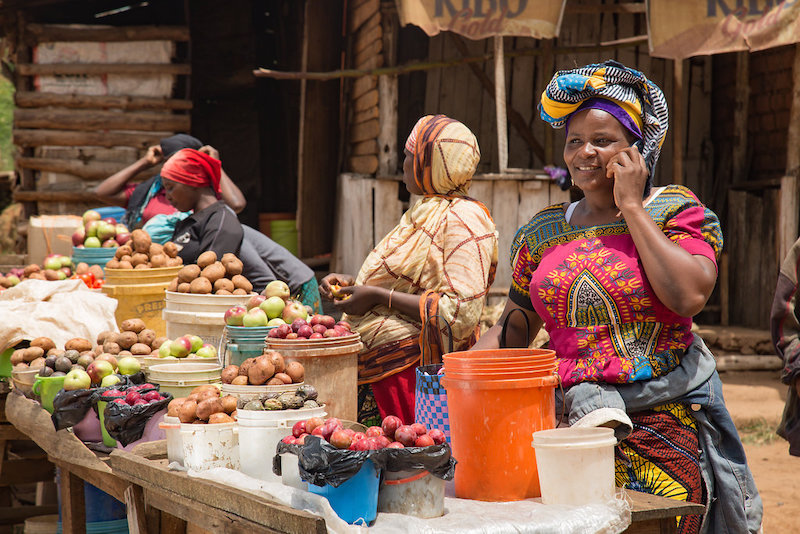29th September 2020, London: The GSMA and the German Federal Ministry for Economic Cooperation and Development (BMZ) have recently signed a Memorandum of Understanding to bring together their expertise in leveraging digital technologies to drive sustainable development.
The GSMA and BMZ share a similar vision, working towards the innovative use of mobile and digital services to build a better future for all. In the pursuit of this vision, both partners bring a unique perspective to the table as they strive to leverage private and public sector cooperation as a powerful tool for achieving the Sustainable Development Goals (SDGs).
The GSMA and BMZ seek to collaborate in the five critical areas defined in BMZ’s “Digital technologies for development” strategy: (1) Work and Employment; (2) Local Innovation; (3) Equal Opportunities; (4) Good Governance & Human Rights; and (5) Data for Development. Additionally, the collaboration provides more focus on supporting local mobile innovations and entrepreneurs in Africa and Asia. Against this backdrop, Parliamentary State Secretary Dr. Maria Flachsbarth has welcomed the GSMA as an official member of the “Make-IT Alliance”, a network of companies, associations, NGOs and research institutes to jointly advance digital innovations with BMZ.
To kick-start the partnership, the Deutsche Gesellschaft für Internationale Zusammenarbeit (GIZ), as the leading implementing organization of German Development Cooperation, has also signed two grant agreements. As an initial step, the GSMA will create a Mobile Innovation Lab as part of the Tunisian Digital Transformation Center implemented by GIZ. Together with the Tunisian government and the local digital ecosystem, GIZ and the GSMA will collaborate on the development of mobile digital solutions and promoting the platform economy across various sectors, with specific emphasis on supporting women and girls in the digital economy.
“The GSMA’s Mobile for Development work supports digital innovation that delivers sustainable business growth and large-scale socio-economic impact across Africa,” said John Giusti, Chief Regulatory Officer, GSMA. “With the support of BMZ and GIZ, we further expand our commitment to support the delivery of the SDGs. Working together to encourage an entrepreneurial environment, we can expand digital inclusion that will, in turn, improve overall economic welfare across the region.”
“BMZ recognises the important role of the GSMA and its network of mobile operators in the acceleration of digital innovation and inclusion for sustainable development,” said Clemens Kapler, from BMZ’s Division “Digital Technologies for Development Cooperation”. “We are therefore pleased to enter this partnership with the GSMA in order to jointly build a digital future for all.”
– ENDS –
About GSMA
The GSMA represents the interests of mobile operators worldwide, uniting more than 750 operators with almost 400 companies in the broader mobile ecosystem, including handset and device makers, software companies, equipment providers and internet companies, as well as organisations in adjacent industry sectors. The GSMA also produces the industry-leading MWC events held annually in Barcelona, Los Angeles, and Shanghai, as well as the Thrive Series of regional conferences. The GSMA continues to work with partners that share its commitment to sustainable development and economic growth. Click here to find out more.
About BMZ
The Federal Ministry for Economic Cooperation and Development (BMZ) of the Federal Republic of Germany aims at providing freedom and security for all and a life without poverty, fear and environmental destruction. BMZ is committed to supporting partner countries in reaching the Sustainable Development Goals (SDGs) of the United Nations. To this end, it supports its partner countries in harnessing the potential of digital technologies for sustainable development and shaping a digital future worth living for all. The Ministry’s portfolio currently comprises around 800 digitally enhanced projects worldwide. Click here to find out more.



